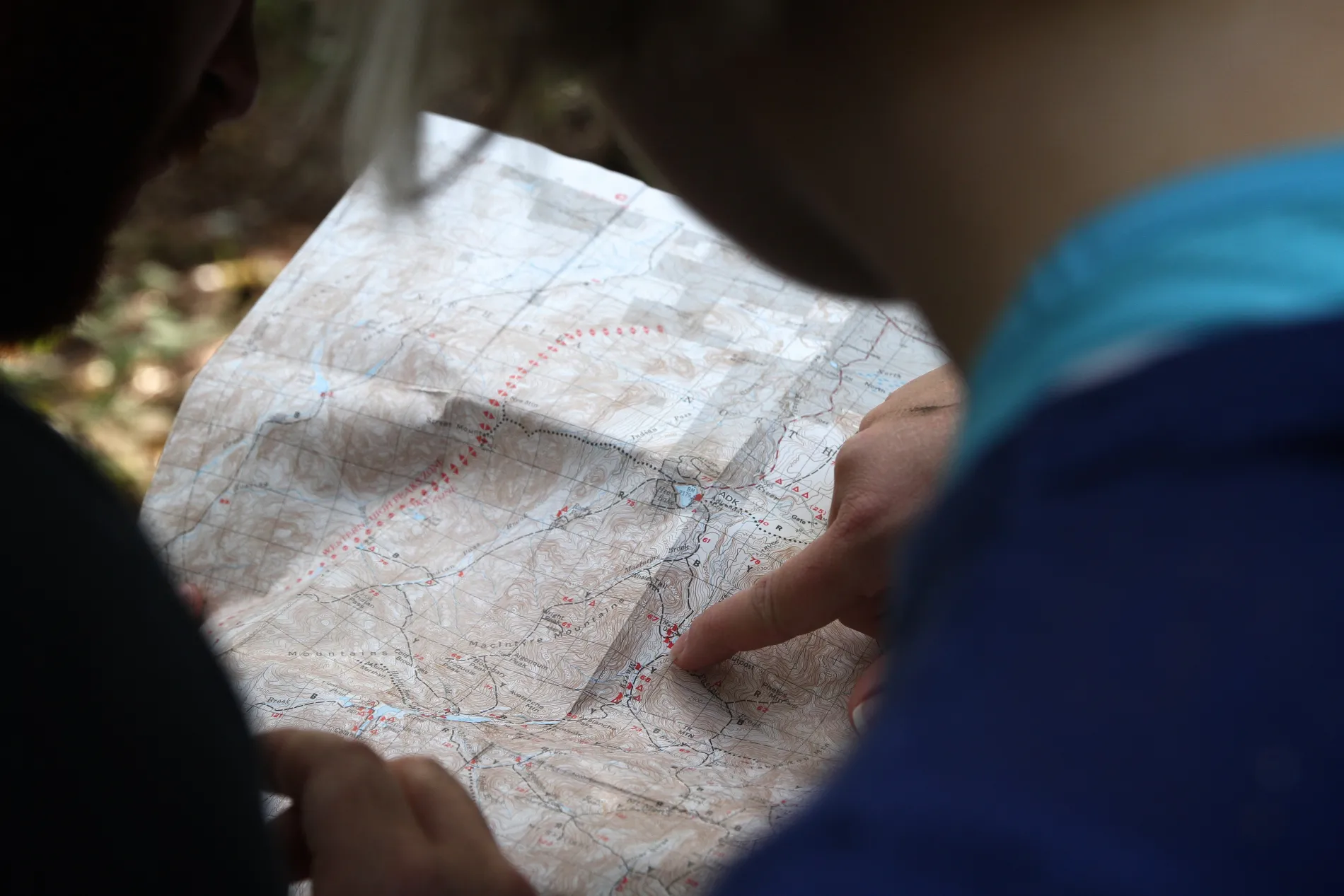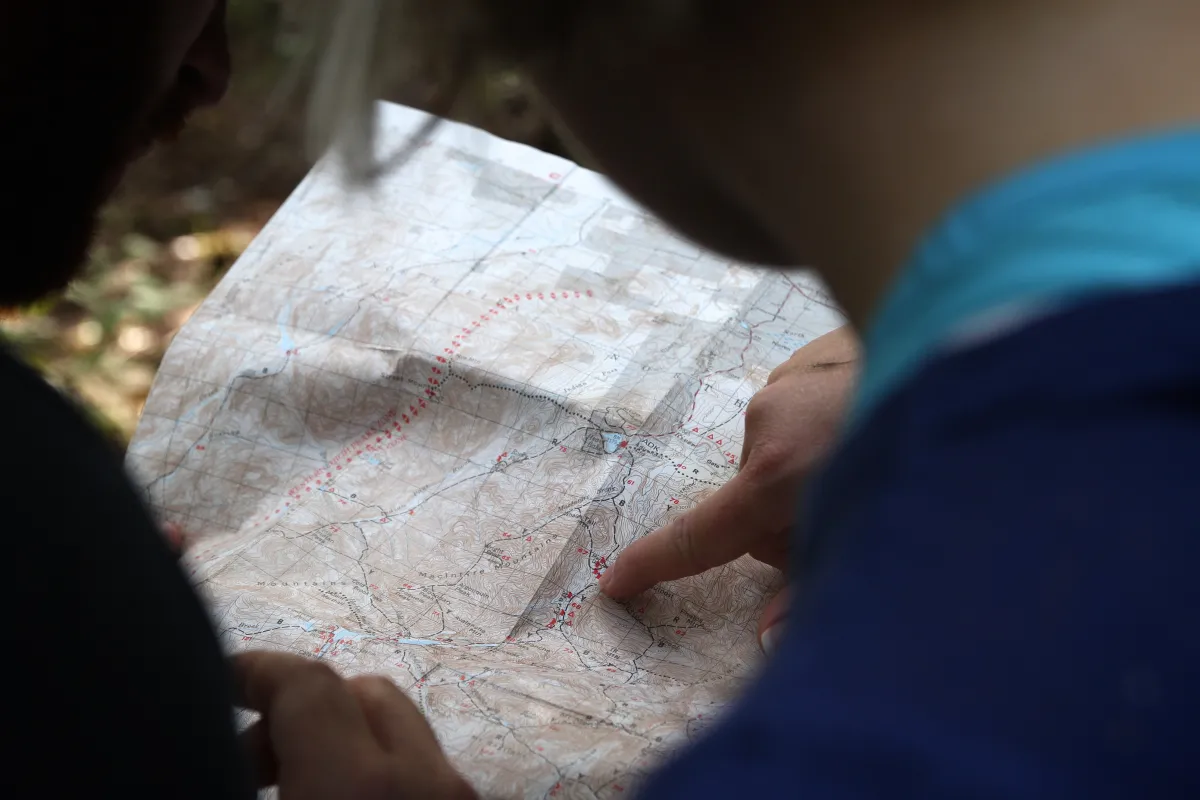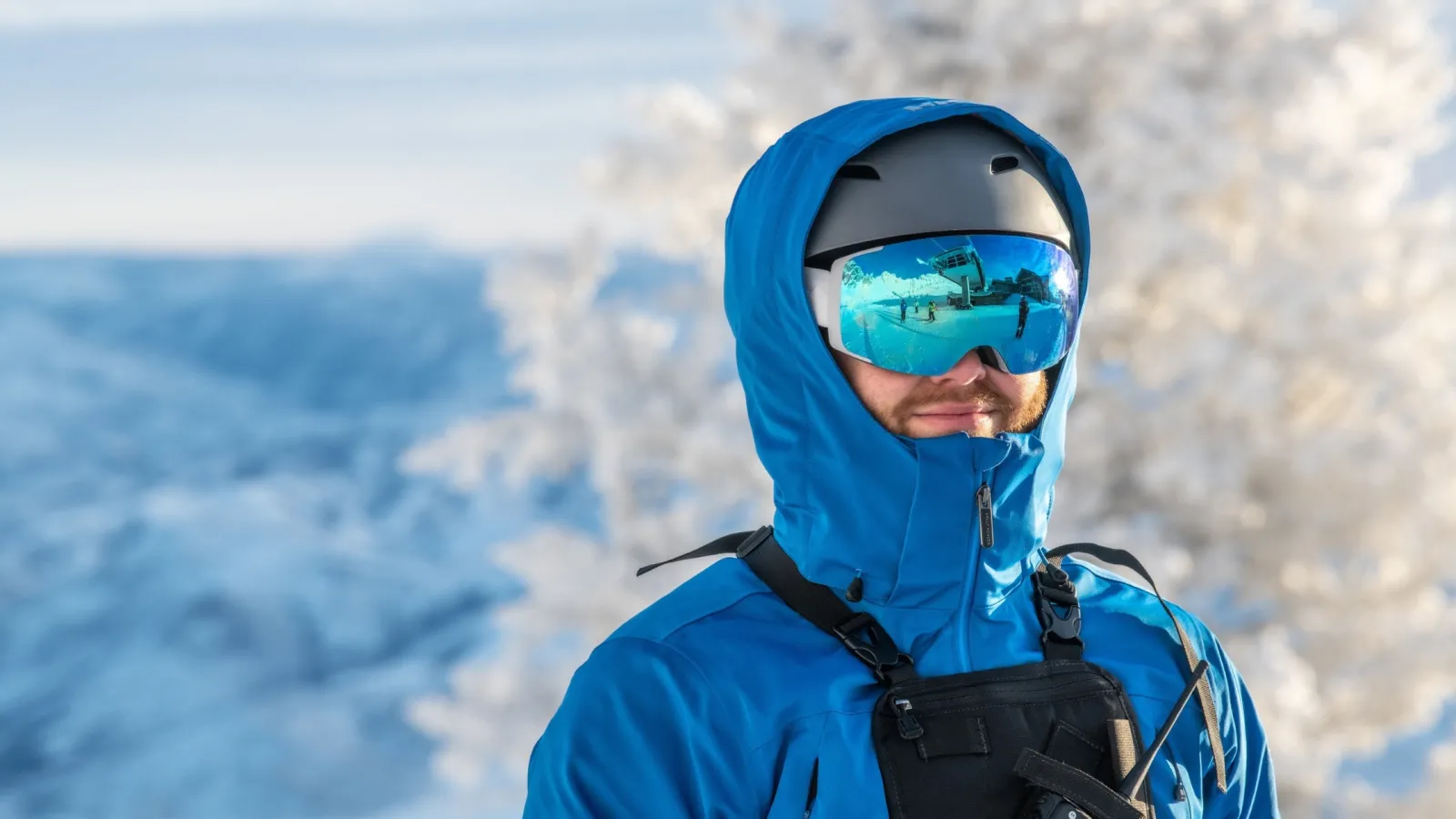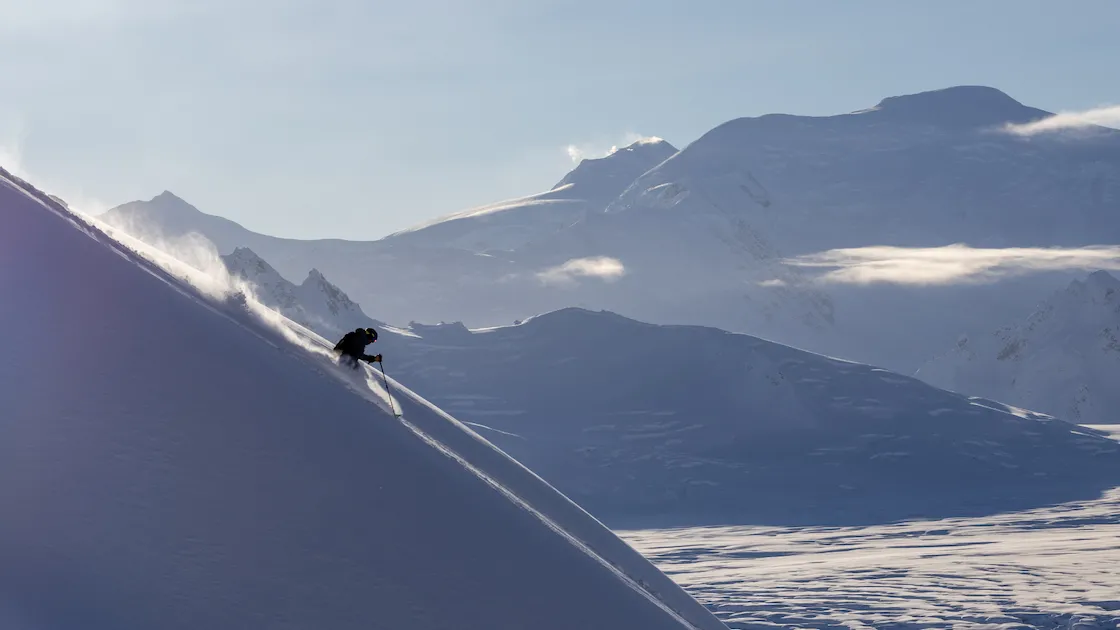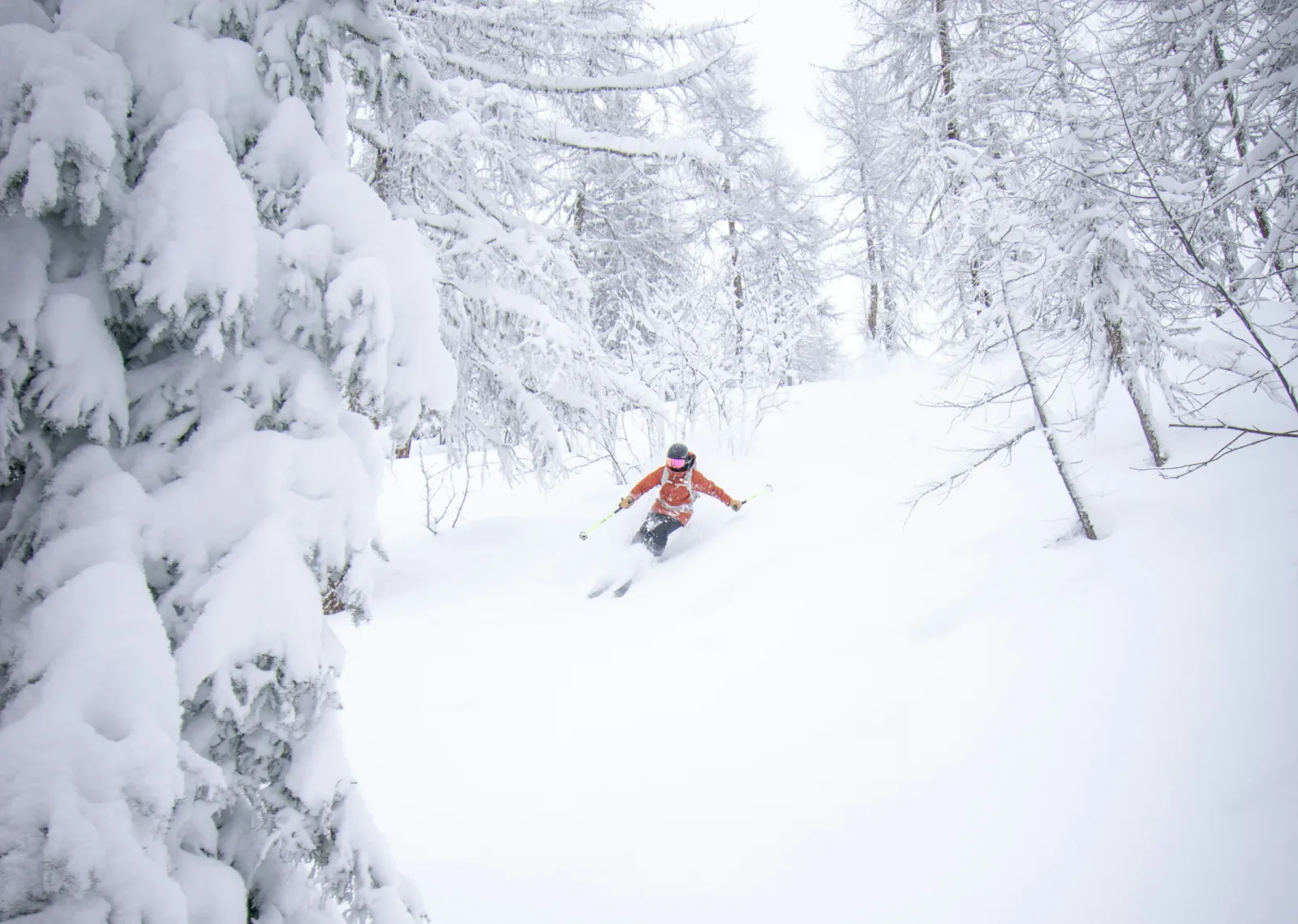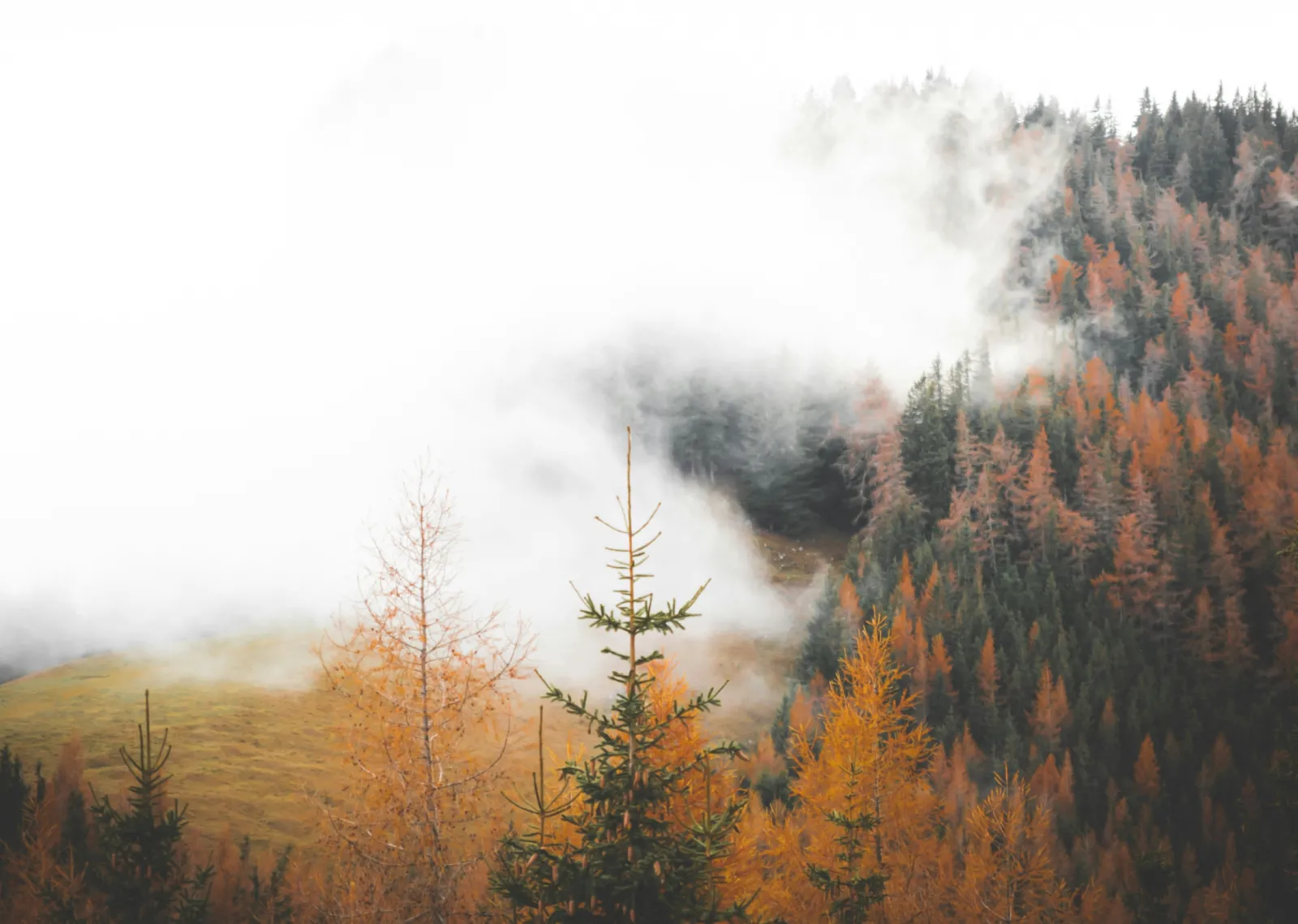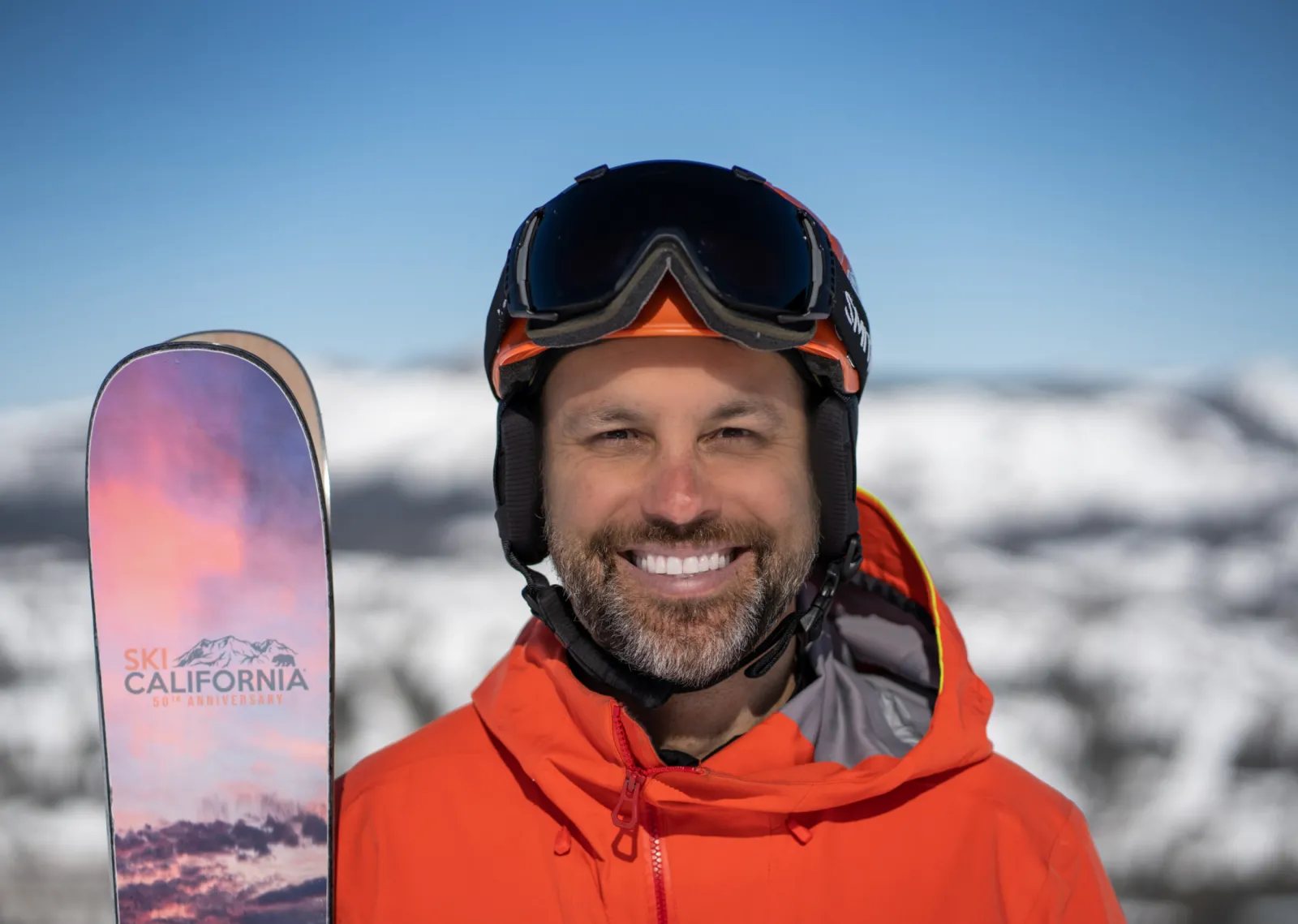Making better outdoor leaders - An interview with Lee Davis
It’s no secret that many who have made a career in the outdoor industry did so out of passion. They didn’t study for the roles they hold, and for many, becoming a leader just sort of happened. Unlike other industries (finance, engineering, law, medicine, and so many more), where it’s possible to follow a prescribed track to leadership, we’re just not set up that way in the great outdoors.
Some might say that this approach is part of the outdoor industry’s charm, and that it could even have positive consequences by creating unexpected opportunities for passionate leaders to emerge, and offer fresh perspectives rooted in diverse career paths. On the other hand, there’s little doubt that the lack of formal training within the outdoor industry also creates barriers to effective leadership. Many people who find themselves managing others have not been provided with proper training, while the lack of consistent job descriptions and requirements can also make it difficult for young and aspiring professionals to understand what degree to pursue or what skills they need. And in a time when it is so important to diversify the workforce, having unclear standards for employment can make it very difficult for many people to find their way into the outdoor industry.
Lee Davis, the Founder and former Executive Director of Oregon State University’s Center for the Outdoor Recreation Economy, is really passionate about the outdoors and about growing leaders. So much so that he’s dedicated his career to it. Which is exactly why we sat down with him to get his thoughts on the state of leadership training within the outdoor industry and what we can all be doing to improve upon it.
Origin: Lee, can you share a bit more about your career path and aspirations?
Lee Davis: My professional work with the Outdoor Recreation Economy spans nearly twenty years, and I’ve had the opportunity to work closely with leaders of private industry, heads of government agencies at both local, state, and national levels, and with a variety of nonprofit boards and executives.
Like those of you at Origin, my commitment to the outdoors is rooted in countless personal growth experiences I had while recreating on public lands and waters. My early academic studies and first career were actually in engineering and architecture, but through all of that time, I was spending every free moment climbing, travelling, and exploring the mountains. I became deeply passionate about alpine climbing and adventure, and then in 2006 I decided to take a fundraising job with the Mazamas, a 125+ year-old mountaineering club based in Portland, Oregon. I was lucky to be there, loved working in such close alignment to the outdoors, and I was to be their Executive Director after just a couple of years.
Over the next decade, I worked to help the Mazamas evolve toward being a community-based nonprofit dedicated to inspiring everyone to love and protect the mountains. It was a great job, I got to climb regularly and globally, and through our corporate fundraising work, I ended up meeting some really inspiring leaders in the outdoor industry. From people like Marc Berejka at REI and Jessica Turner, (who is now at ORR, but then was the DC lobbyist for the Outdoor Industry Association,) I learned a lot about advocacy and the positive impacts of the recreation economy. I found myself joining national boards like the Outdoor Alliance, and flying to Washington, D.C. several times per year to work with agency leaders. I even got to work with legislators on new bills to make access to outdoor recreation possible for all people and testified to the Senate on why outdoor recreation is so important to the social and environmental progress we are all striving for even across political divides.
My efforts over the last five years have been highly focused on workforce development for the outdoor recreation economy on a national level. The outdoor industry is actually very young compared to other sectors, and it's filled with thousands of very small, independent companies, who barely have time to think about the bigger picture of training the next generation of workers. But at the same time, we’re seeing large companies like REI, VF Corporation, big associations like the RV and Boating industries, and the Outdoor Recreation Roundtable (ORR) really start to invest broadly in helping us do the foundational work to create intentionally inclusive pathways to jobs in the outdoors - to train the future workforce. Those investments are inspiring, and some of the projects we’re working on, I think, will make an enormous difference in the decades to come.
The outdoor industry is actually very young compared to other sectors, and it's filled with thousands of very small, independent companies, who barely have time to think about the bigger picture of training the next generation of workers.
Origin: What do you think is the primary problem we face as an industry when it comes to professional development?
LD: Specific to professional development, I think the biggest problem is that the jobs are effectively opaque to anyone who isn’t already connected to people already working in the outdoor industry. A number of amazing people and organizations are working really hard to address this issue through innovative job-matching programs. But in general, you still largely have to be already connected or have an industry network to simply find, much less get, many of the jobs. And beyond that, the job titles and descriptions are highly inconsistent between organizations, making it very difficult for younger people (or people from other sectors that want to move into the outdoor industry) to see themselves in an outdoor job, and to understand what skills or training they might need to gain to get those jobs.
This problem of opaqueness also makes it very difficult for higher education institutions, colleges and universities, to engage with the outdoor industry effectively and to build relevant and effective education programs. The complexity is real, and paradoxically, we simultaneously see companies saying they are desperately struggling to find job candidates with the skills they need, all while we absolutely know that many thousands of highly skilled and diverse individuals want those same jobs.
Origin: How do you define “outdoor leadership”? What does that mean to you?
LD: Well, outdoor leadership means different things even within the industry. I think for most people, the only outdoor leaders they know, or ever meet, are guides, maybe some educators, and also managers of outdoor retail or service shops. These are the leaders in the outdoor industry that we all interact with when we’re participating in outdoor recreation.
But there are of course many more leaders in the outdoor industry, at nonprofits, and at government agencies who work quietly behind the scenes helping to inspire people through marketing and storytelling like you do so well here at Origin, or designing new products, building campgrounds, and doing conservation work. When I think about all of these leaders, which number in the hundreds of thousands, I see this incredible opportunity we have to bring everyone together to start telling the story of the industry, and how the outdoors can help us heal across social, political, and geographic divides through creating positive shared experiences outside.
To be an inspiring leader in the outdoor industry, I think it’s important to understand that you're a part of something bigger and to share that context with your team. We're part of an industry that attracts people because of their passion for the outdoors and because they believe in a largely common set of values around both social and environmental progress. And I don’t know anyone who wouldn’t love to take someone new to their favourite outdoor spot to be awe-inspired, or to have adventures, and to experience the incredible mental and physical health benefits time in the outdoors can provide.
So, when you're a leader in the outdoor industry, you're not just designing, making, selling or maintaining a product. You’re part of an industry that represents a really positive vision for the future. Sharing that with your team is a really important part of outdoor leadership, and it can be really helpful to the security and motivation of your team to see themselves as a part of something bigger, to understand these shared values, and to see how their work is deeply useful in this world.
When you're a leader in the outdoor industry, you're not just designing, making, selling or maintaining a product. You’re part of an industry that represents a really positive vision for the future.
Origin: For some, the term “leadership” has associations to hierarchal and corporate structures that don’t feel entirely comfortable. How can/should the outdoor industry reform or otherwise change the idea of leadership to feel more aligned with the sort of inclusivity and mutual support we all want for our industry?
LD: Right. This topic is of course much bigger than just the outdoor industry. We’ve all seen the Google research that team safety is where it’s at, and we’re seeing a number of big companies focusing more and more on credit sharing, team and environmental safety, and servant leadership models.
Overall, I think the primary thing each of us can do individually is invest more in professional development, whether that’s choosing to take a class on your own or encouraging or advocating for others in your organization to do the same. And as you know, I’ve worked a lot with Kristen Freaney and Greer Van Dyck over the last few years to start developing a new framework and delivery method for leadership in the outdoor industry. We’re biased, but we think that companies should start budgeting more for professional development to help more and more people take courses like this that focus on learning modern, healthy, and safe ways to effectively lead teams.
Origin: Who do you imagine benefitting the most from outdoor leadership training and how do you think/hope it could impact the industry over time?
LD: Well, I’m sure we would see growth all around and hopefully, we’d be able to disperse and manage that growth in a way that equitably benefits everyone in the workforce and preserves and protects natural resources for the future. But I think the real impacts will be far greater than just those within the industry or in resource management.
Several years ago I had the opportunity to help write something called the Confluence Accords, along with longtime colleagues Erin Gaines, who worked for Keen Footwear at the time, and Luis Benitez who was then Colorado’s state director for outdoor recreation. It was an agreement by eight state Governors in the US to promote the outdoor recreation economy, and we put in some flowery but I think good language to try to capture why the outdoors matters so much. It starts like this:
“The Outdoor Recreation Economy represents the future of natural resource-based jobs in America, contributing visibly and positively to the health and happiness of our people, to community engagement, to the development of stewardship values, and to our citizen’s interest in lifelong learning and exploration of the natural world….”
So, I believe strongly that if we can work to invest in intentionally inclusive professional development for future leaders of the outdoor industry. And if we can infuse the future workforce with an understanding of the shared values the outdoor industry holds for both social and environmental progress, we should start to see the incredible positive impacts that the outdoor industry can have on individual and community health, and in stewarding and conserving public lands for future generations.
Origin: What are some of the solutions you’ve been working on?
LD: The leadership programs OSU is developing with Kristen Freaney and Greer Van Dyck are game-changing and I think can really help us understand how to deliver leadership programming across the continent and in a way that is accessible to a lot of people.
I’m also really proud of the work that OSU is doing at the Center for the Outdoor Recreation Economy, and also all of the other higher education institutions nationally that are rallying to help develop new educational programs for the outdoor industry. The VF Corporation and the National Park Service have also both been instrumental in helping us form a higher education consortium - a group of professors across North America who want to work together to create aligned and inclusive degrees and certificates for jobs in the outdoor industry. I think that project is one of the most powerful things that’s happening.
And personally, I’m really interested in helping industry associations, larger companies, and HR professionals across industry and agencies to start to develop quality and certification standards for broad categories of jobs in the outdoors. One of the biggest things holding back workforce development for the outdoors is that employers simply aren’t able to stand up yet and say “we’re going to be hiring 500 or 1000+ people in the next 10 years that need to have these minimum technical or professional skills”. As soon as we can get that to start happening I believe that education institutions everywhere will start to respond and will develop the programs we need to train the future workforce.
Origin: How can others help in the cause?
LD: One thing all of us can do regardless of where we sit in the outdoor economy is to gently but relentlessly advocate for more investment in skills training and professional development. I think a reasonable benchmark for employers to work towards is to allocate 0.5%-1% of the total budget of an employee per year for their professional development. It’s not just an investment in the team, but in internally and externally marketing the organization by showing care for the workforce.
Beyond that, I think it depends on each person’s role and position in the industry. If you’re already a leader at an organization you may be able to talk about professional development in budget meetings, or to design a pilot program, or even just try to help one promising employee get access to a relevant training program. Or if you’re a university professor or someone who teaches an outdoor education program, please reach out to me or Erin Gaines so that we can be sure that your program is a part of the higher education consortium we’re trying to build.
One final thought is to work to apply pressure to the system by creating a critical mass of motivated youth who dream of working in the outdoor economy. I absolutely believe that the outdoor economy is going to continue to grow, because the work we all do in the outdoors is so incredibly linked to the kind of life we each intrinsically want. So, I would hope that whenever we’re all interacting with curious young people who love the outdoors, we tell them about the jobs in our industry. Tell them, and show them, that it’s possible to work in the outdoor industry and help them connect with someone at a school, college or university that already has an outdoor industry or education program.
